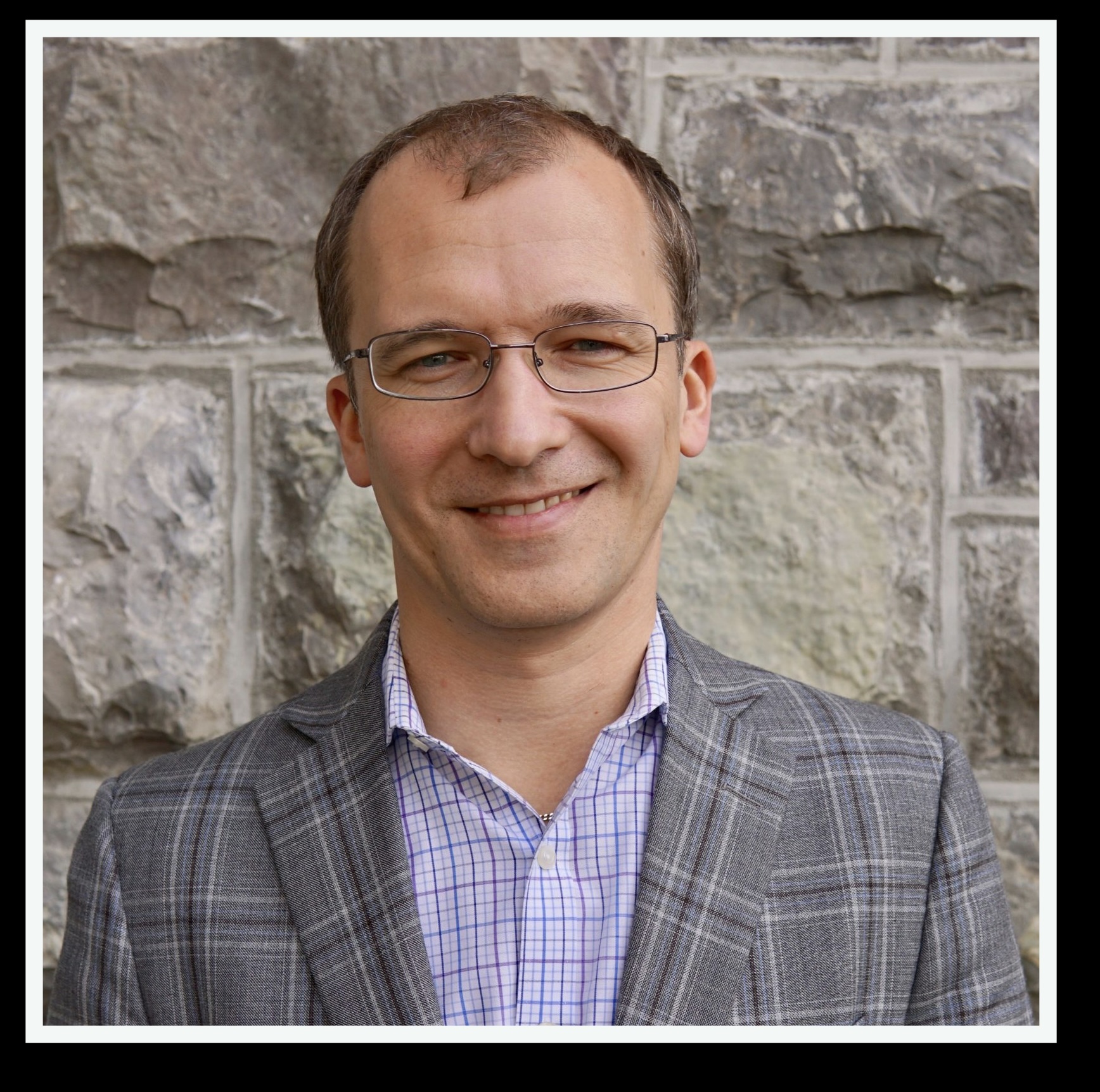

Edward F. Valeev (Эдуард Фаритович Валеев)

Born July 15, 1976 in Togliatti, USSR (now Russia)
Professor of Chemistry, Virginia Tech, USA
Email:evaleev@vt.edu
Web: external link
Wiley International Journal of Quantum Chemistry Young Investigator Award (2007); ACS Hewlett‐Packard Outstanding Young Investigator Award (2009); US National Science Foundation CAREER Award (2009); Alfred P. Sloan Research Fellow (2009); Camille Dreyfus Teacher‐Scholar Award(2010); Annual Medalof the International Academy of Quantum Molecular Science (2014); Dirac Medal, World Association of Theoretical and Computational Chemists (2015); Member, International Academy of Quantum Molecular Science (2023)
Author of:
More than 100 papers in electronic structure theory of molecules and materials and computer science
Important Contributions:
- Explicitly correlated electronic structure theory: practical framework for numerical approximation of many‐electron integrals (Complementary Auxiliary Basis Set, or CABS); perturbative formalism for inclusion of explicitly correlated terms into coupled‐cluster methods and into arbitrary (multiconfiguration) correlated models; introduction of energy‐dependent explicitly‐correlated corrections for general self‐energy models of propagator methods; first numerical (real‐space) explicitly‐correlated 2‐body (6‐d) models of many‐electron systems
- Reduced‐scaling electronic structure methods: SparseMaps formalism for encoding and utilizing block‐sparse structure of Hamiltonian and wave operator tensors for reduced‐complexity correlated methods; near‐linear‐scaling explicitly‐correlated pair‐natural‐orbital coupled‐cluster methods for closed‐ and open‐shell systems; numerical (real‐space) solver for nearly exact pair‐natural orbitals
- Miscellaneous developments in electronic structure theory: numerical (real‐space) solver for nearly‐exact optimal orbitals for correlated methods; numerous developments of reusable open‐source software packages, especially for AO integral evaluation and parallel data‐sparse tensor algebra